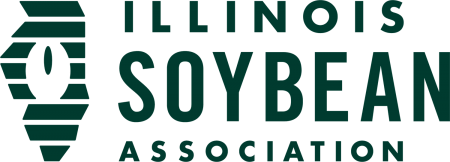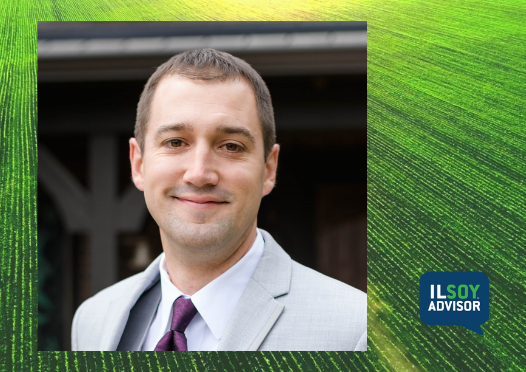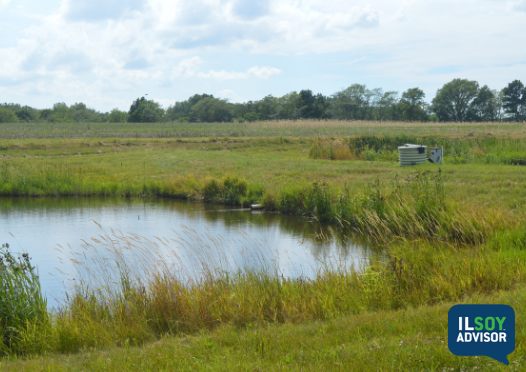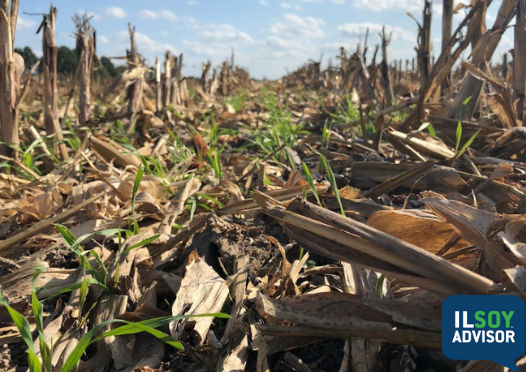ILSOYADVISOR POST
SHOWCASE FARMER: Alan Hill
The farmer. Alan Hill and his father produce corn and soybeans on 2,500 acres near Morris, Ill.
Environmental challenge. Hill’s farm is located in and around the Mazon Watershed, which empties into the Illinois River at Morris.
Best Management Practices. Sustainable use of soil and water resources is important to Hill, who has served as the chairperson for the Grundy County Soil and Water Conservation District (SWCD). “I believe that sustainability in agriculture means that, as a farmer, I am trying to preserve the soil and water for the next generation through the practices and techniques used on our farm,” Hill says.
The Hills have implemented filter strips and grassed waterways as needed. Hill said these water control efforts bring numerous benefits, as evident during a rainy 2015. “In my area, there were excessive rains up until July. Prior to having those in place, you’d have a lot of runoff, whether soil erosion, trash in the form of crop materials, and debris. Certainly there was fertilizer runoff.”
With filter strips, he also finds a safety benefit because the strips keep farm machinery and pickup trucks away from the edge of stream banks and ditches, which are susceptible to collapse after heavy rains.
The Hills also use waterways, sometime in conjunction with filter strips and sometimes on their own. Whether to use one or both depends on topography.
The Hills began practicing no-till in soybeans more than 20 years ago, citing benefits to the soil including preserving moisture and building levels of organic matter. Regardless of the benefits, Hill think it’s important to evaluate on a case-by-case basis to best meet the requirements of a particular piece of land.
Sustainable focus for 2015. The Hills continue to experiment with strip-till in corn, a practice that disturbs only the soil that will contain the seed row. They also are considering growing cover crops.
Sustainable start. Hill advises producers considering sustainable farming to gather information and talk with farmers who have experience using sustainable practices. “You’ve got to have the right equipment, the knowledge to do it, and when you adopt a new practice, whatever it may be, you need a change in mindset.”





Comments
Add new comment